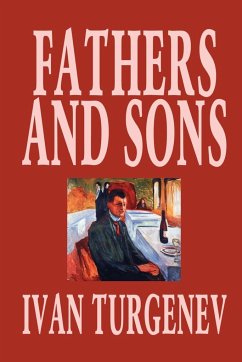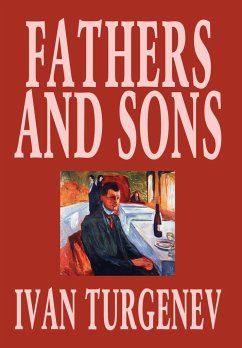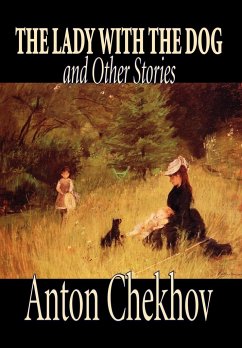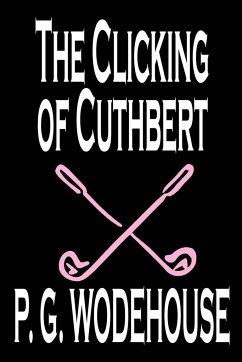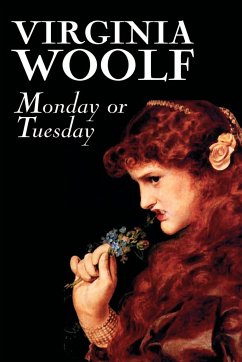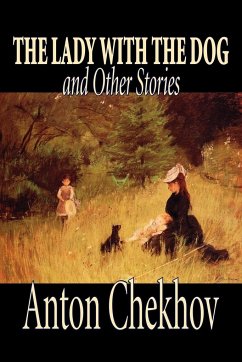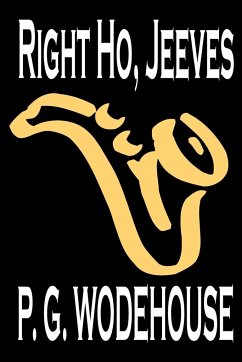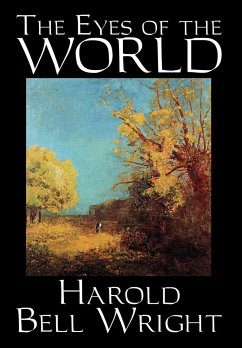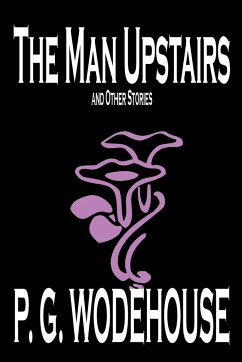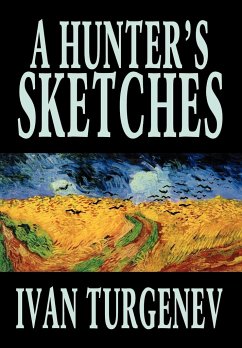
A Hunter's Sketches by Ivan Turgenev, Fiction, Classics, Literary, Short Stories
Versandkostenfrei!
Versandfertig in über 4 Wochen
38,99 €
inkl. MwSt.
Weitere Ausgaben:

PAYBACK Punkte
19 °P sammeln!
"Do you know, for instance, the delight of setting off before daybreak in spring? You come out on to the steps. . . . In the dark-grey sky stars are twinkling here and there; a damp breeze in faint gusts flies to meet you now and then; there is heard the secret, vague whispering of the night; the trees faintly rustle, wrapt in darkness. And now they put a rug in the cart and lay a box with the samovar at your feet." -- from "The Forest And The Steppe" Great Russian author Ivan Sergeevich Turgenev (1818-1883) was an avid hunter and nature lover and used his own experiences in the woods of his n...
"Do you know, for instance, the delight of setting off before daybreak in spring? You come out on to the steps. . . . In the dark-grey sky stars are twinkling here and there; a damp breeze in faint gusts flies to meet you now and then; there is heard the secret, vague whispering of the night; the trees faintly rustle, wrapt in darkness. And now they put a rug in the cart and lay a box with the samovar at your feet." -- from "The Forest And The Steppe" Great Russian author Ivan Sergeevich Turgenev (1818-1883) was an avid hunter and nature lover and used his own experiences in the woods of his native Russia to pen A HUNTER'S SKETCHES (written in the period of 1852-1874). This work established his reputation as a foremost writer of his time.



